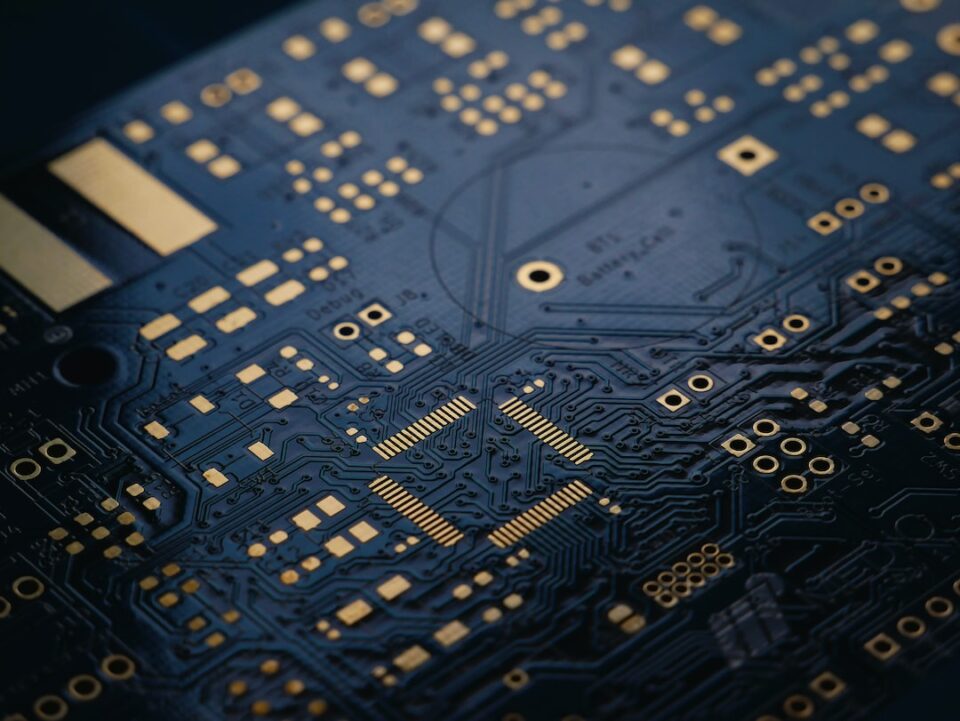The Ethical Considerations of Facial Recognition Technology
In recent years, facial recognition technology has become increasingly prevalent in our society. From unlocking our smartphones to surveillance cameras in public spaces, this technology has the potential to revolutionize various industries. However, as with any emerging technology, it raises important ethical considerations that must be carefully examined and addressed.
One key ethical concern surrounding facial recognition technology is privacy. Facial recognition systems have the ability to capture and analyze people’s faces without their consent, often without their knowledge. This raises questions about the potential invasion of privacy, as individuals’ personal information can be collected and stored without their explicit consent. Moreover, the potential misuse of this technology, such as unauthorized access to personal data or surveillance by governments or corporations, further amplifies concerns around privacy.
Another significant ethical concern is the potential for discrimination and bias in facial recognition technology. These systems rely on algorithms and machine learning to identify and analyze faces, but they are only as good as the data they are trained on. If the training data is biased or lacks diversity, it can result in inaccurate and unfair outcomes. For instance, studies have shown that facial recognition systems tend to have higher error rates when identifying people of color or women, which can lead to unjust targeting or false accusations.
Moreover, the use of facial recognition technology raises questions about individual autonomy and consent. As this technology becomes more omnipresent, individuals may be subjected to constant monitoring and surveillance without their consent or control. Facial recognition systems have the potential to track and monitor individuals’ movements, creating a chilling effect on freedom of expression and association. Additionally, the lack of transparency and understanding around how these systems work makes it difficult for individuals to make informed decisions about their participation in such surveillance.
One other ethical consideration is the potential for unintended consequences. Although facial recognition technology can have positive uses, such as enhancing security or improving convenience, it can also have unanticipated negative impacts. For example, individuals may be wrongly identified or mistaken for someone else, leading to false accusations or damage to their personal reputation. Additionally, the widespread adoption of this technology may lead to a loss of human connection and empathy. If we rely solely on facial recognition systems for identification, we may overlook the importance of personal interactions and relying on our own judgment.
Given these ethical considerations, it is crucial for policymakers, technology developers, and society as a whole to actively address and regulate the use of facial recognition technology. Safeguards must be put in place to protect individuals’ privacy, ensure transparency, and mitigate bias and discrimination. Furthermore, ongoing public discussions and debates are necessary to determine the acceptable limits and ethical boundaries of facial recognition technology in order to strike a balance between its potential benefits and the preservation of individual rights and freedoms.

